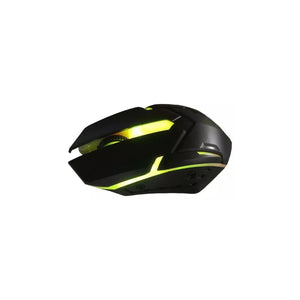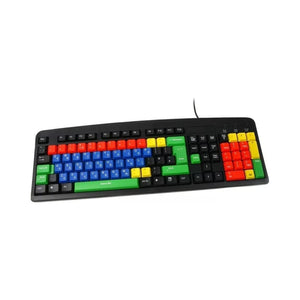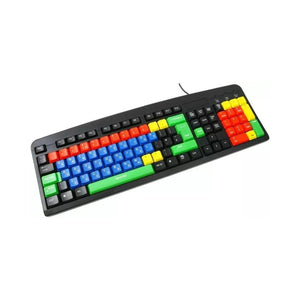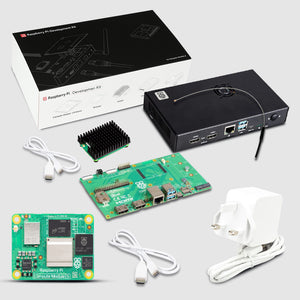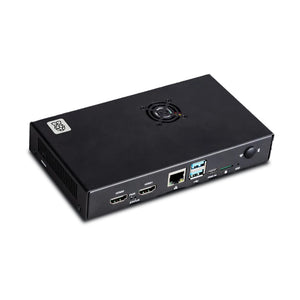The release of the Raspberry Pi Camera Module 3 is formally announced by Raspberry Pi today. In reality, there are four different variations of Camera Module 3, with prices beginning at $25. produced camera modules with the choice of a conventional or wide field of vision, and with choices for both visible light and infrared sensitivity (FoV). Additionally, Camera Module 3 has powered autofocus, which many of you have requested, in place of the fixed-focus optics of its predecessors, enabling you to capture clear photographs of things from around 5 cm away to infinity. A video demo is located lower down the page.
The traditional small camera for the Raspberry Pi comes with a 12MP sensor, autofocus, and your option of regular or wide lenses, as well as an infrared filter. It costs $25.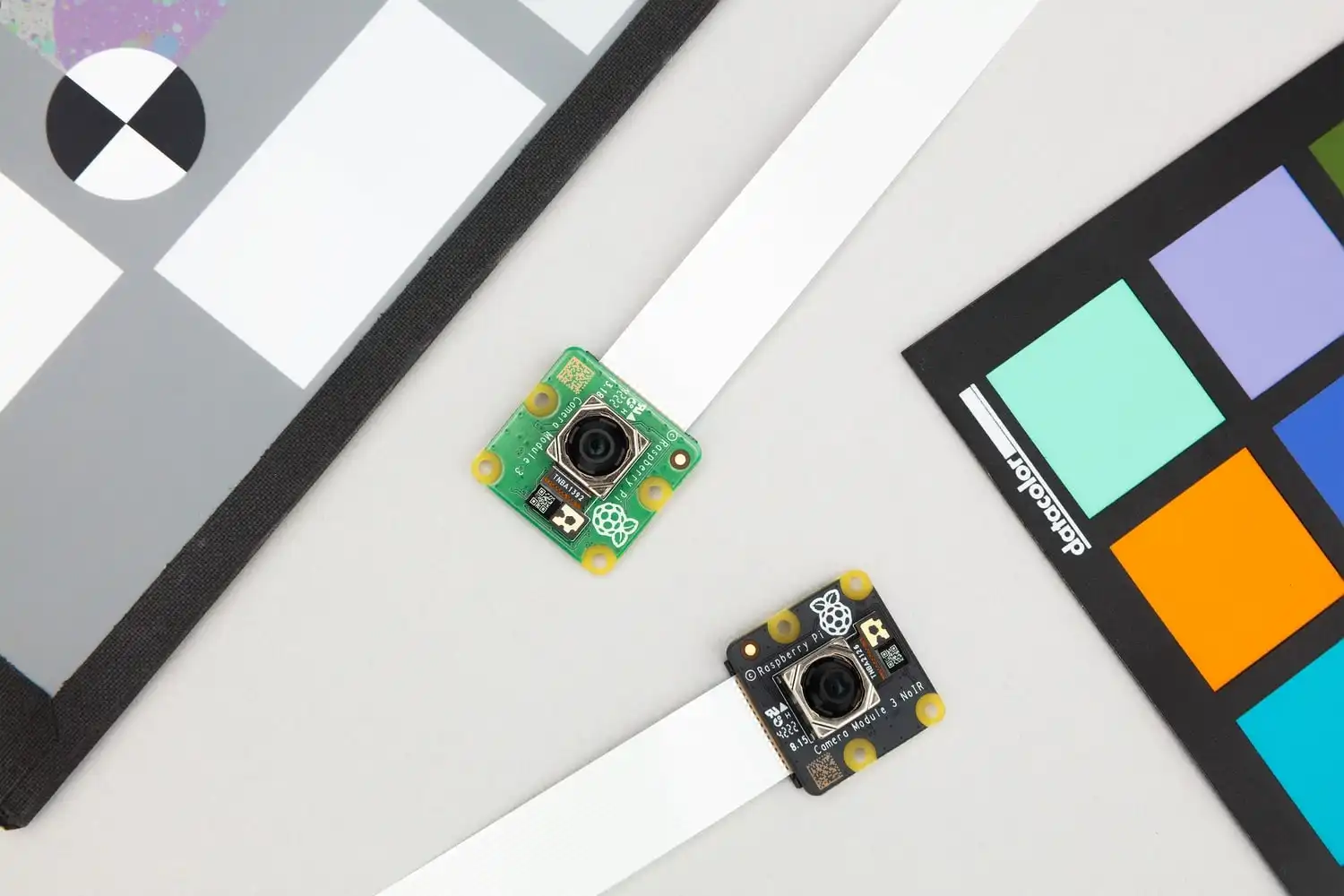
The finest quality Camera Module we've ever produced, Camera Module 3 has a 12MP IMX708 Quad Bayer sensor that has been upgraded, as well as a High Dynamic Range option.
Need a field of vision that is more than the typical 75 degrees? With Camera Module 3 Wide, your Raspberry Pi can see more of the world thanks to its ultra-wide 120 degree field of view.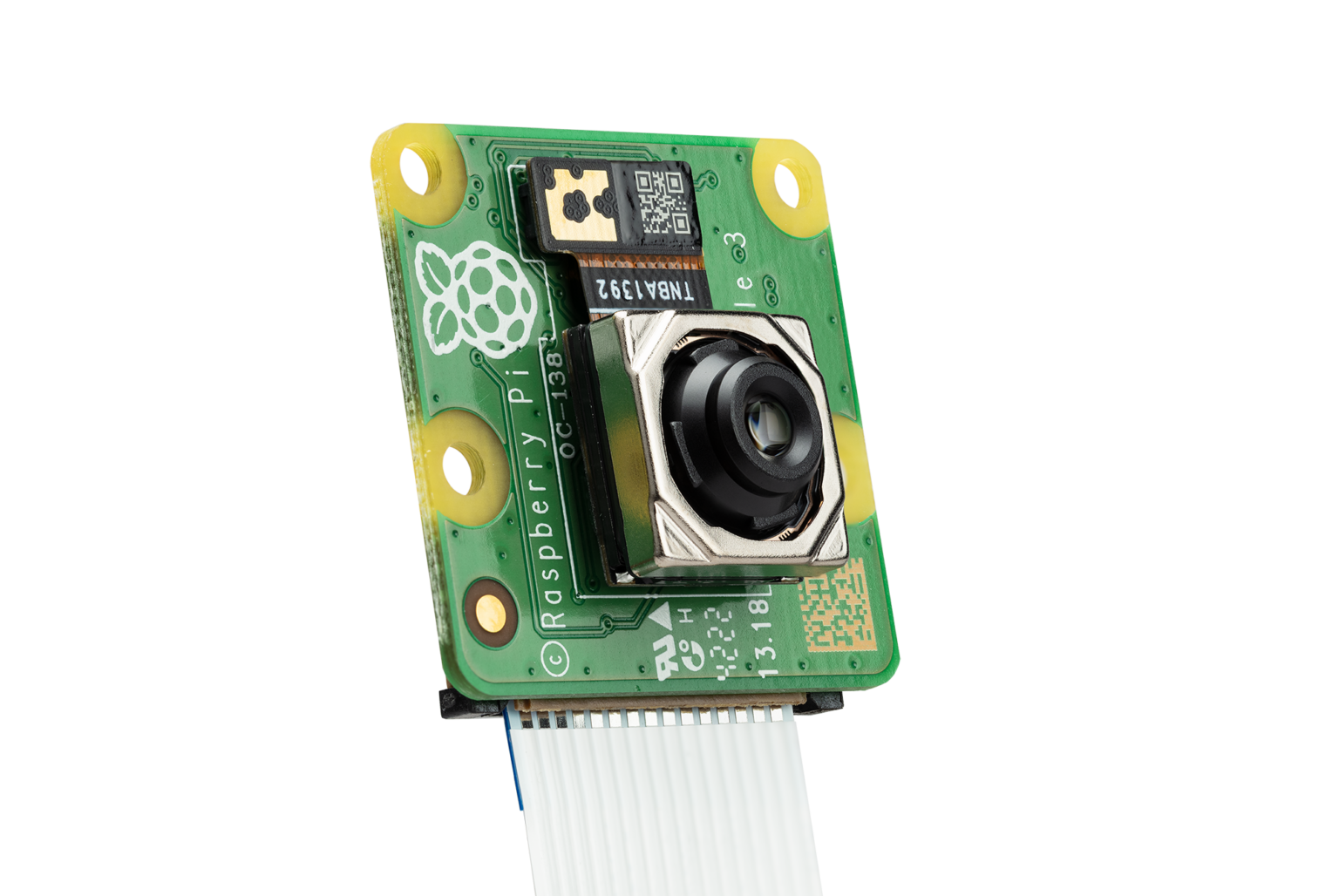
Standard on Camera Module 3 is an incredibly quick auto focus. You may have complete control over what you concentrate on and how you accomplish it thanks to a large library of software instructions.
The option to have no IR filter is available for both the normal and wide cameras, converting the Camera Module 3 into a night-vision camera when used with infrared lights.
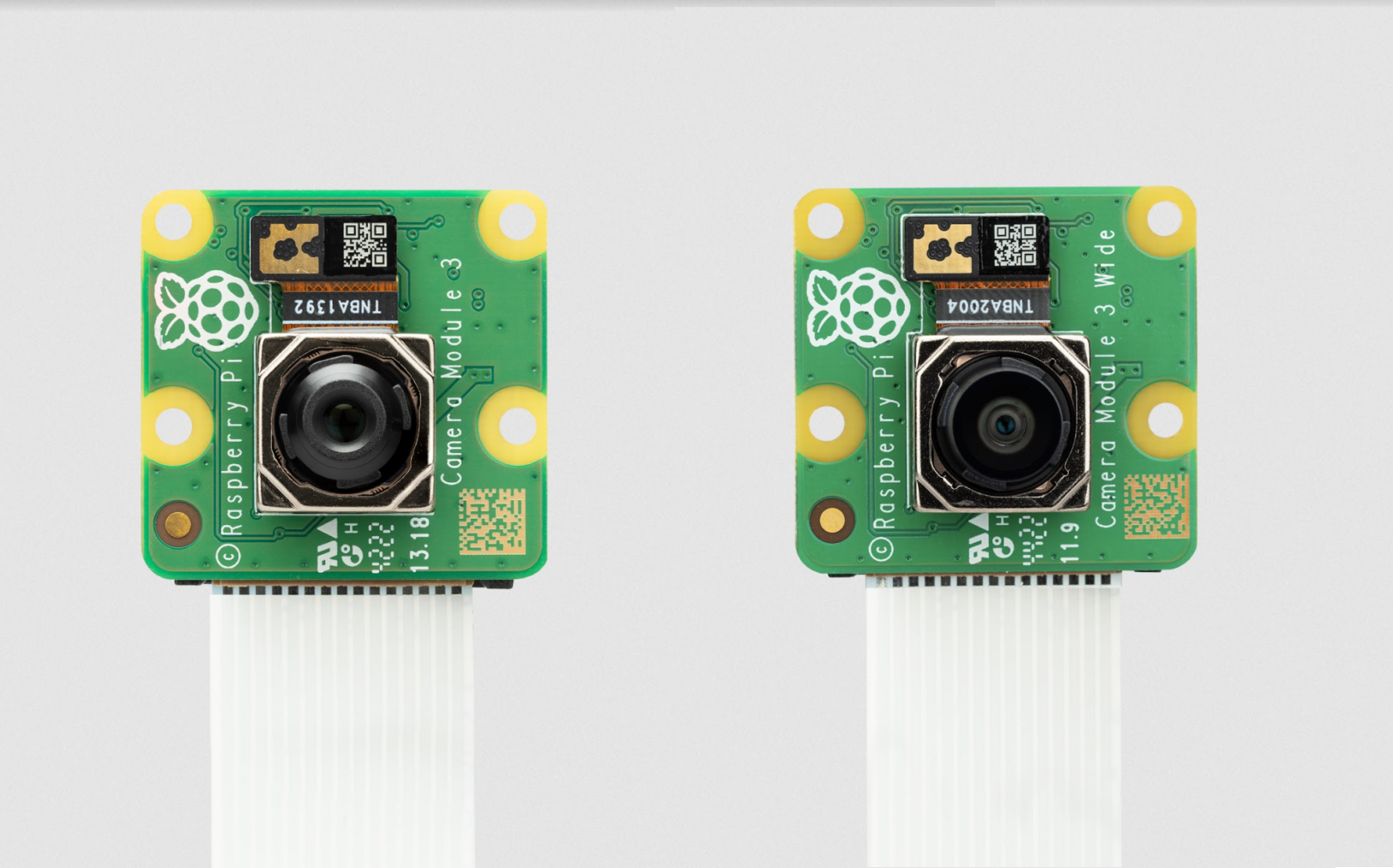
Higher frame rates at lesser resolutions are possible with Camera Module 3, which can capture full HD video at 50 frames per second. It offers excellent still image quality and is a superb tool for streaming and filming videos because it has an HDR option and autofocus. See it in action by watching our video, which was shot entirely on Camera Module 3.
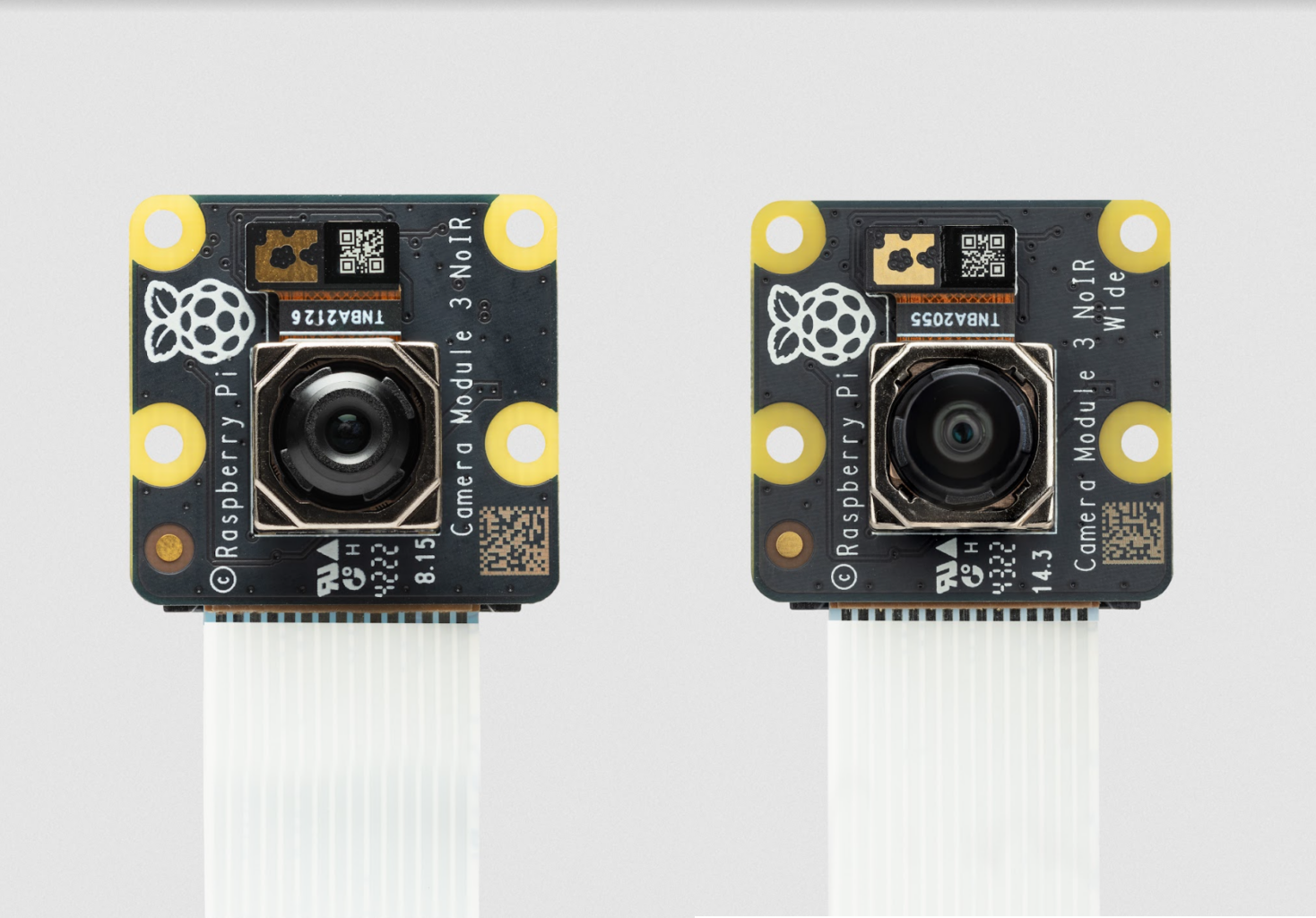
The Raspberry Pi Open Source Camera System, powered by libcamera, is utilised by Camera Module 3. This comprehensive collection of libraries allows programmers improved access to Camera Module 3's internals and precise control over image processing.
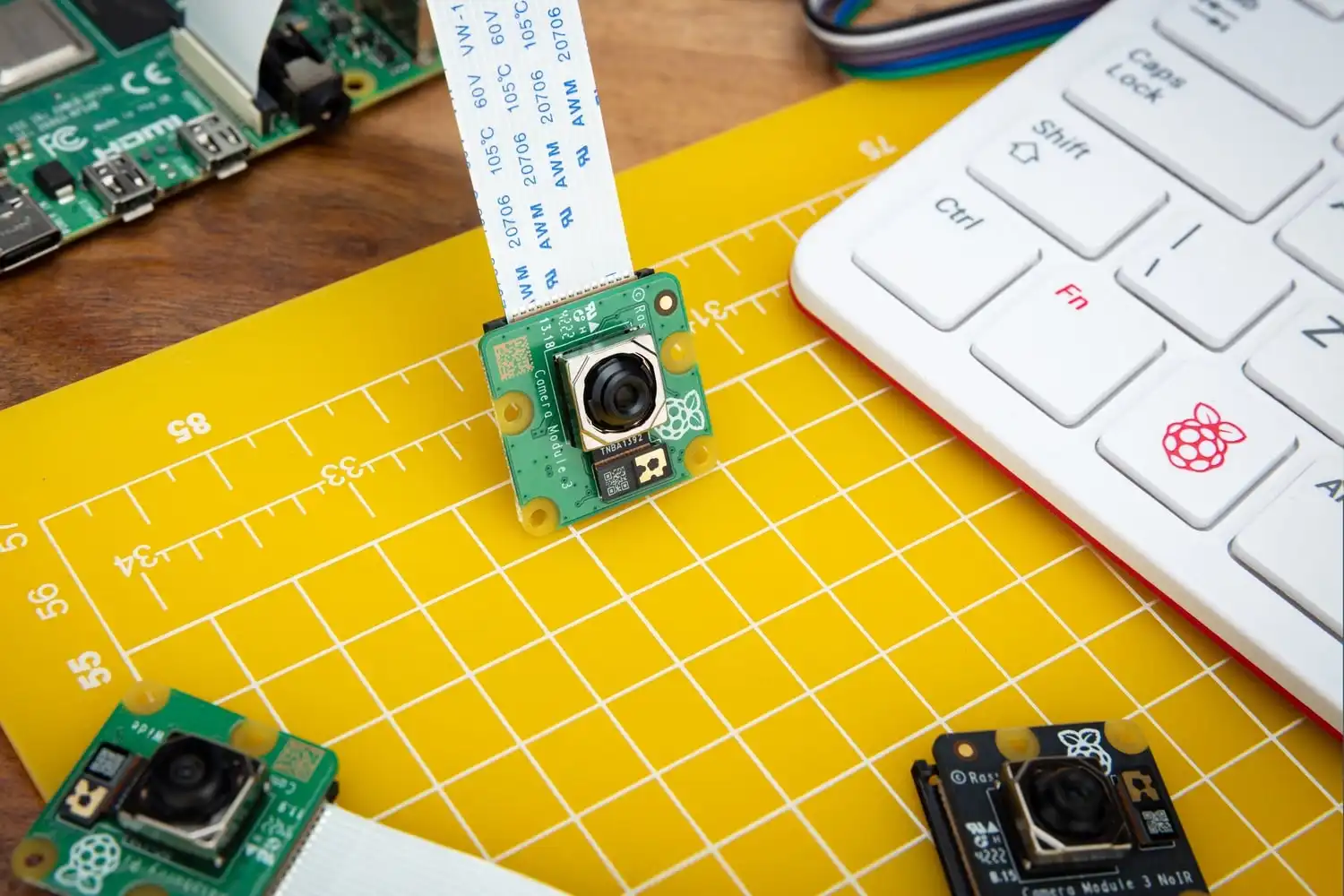
Picamera2, a Python library created here at Raspberry Pi in Cambridge, is pre-installed on the most recent version of the Raspberry Pi OS. Picamera2 is ideal for both novice and experienced users and may be used for everything from home projects to machine learning applications.
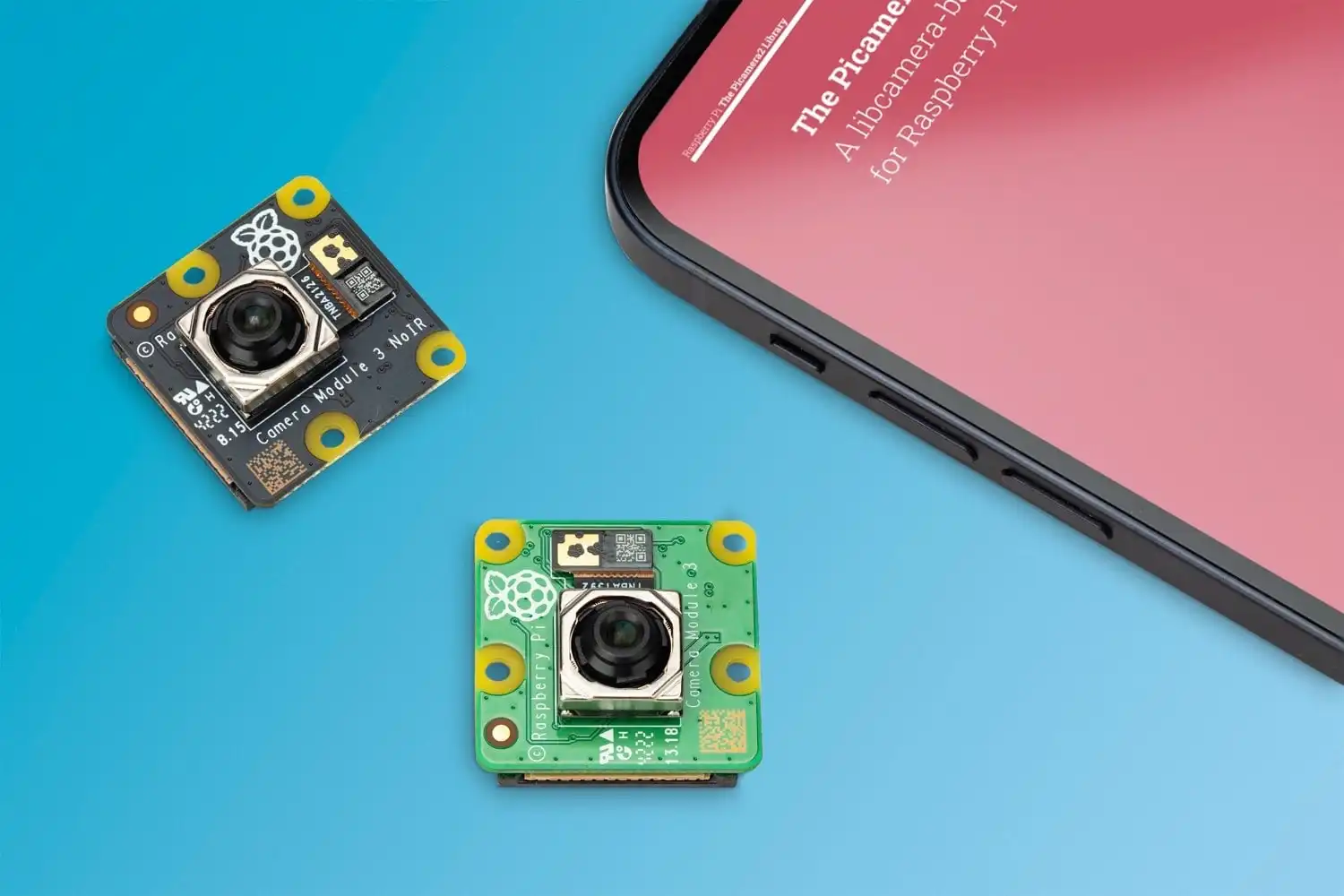
Developers and consumers may find all the information they want about Camera Module 3 in our comprehensive and exhaustive documentation, which covers everything from hardware schematics to software setup.



